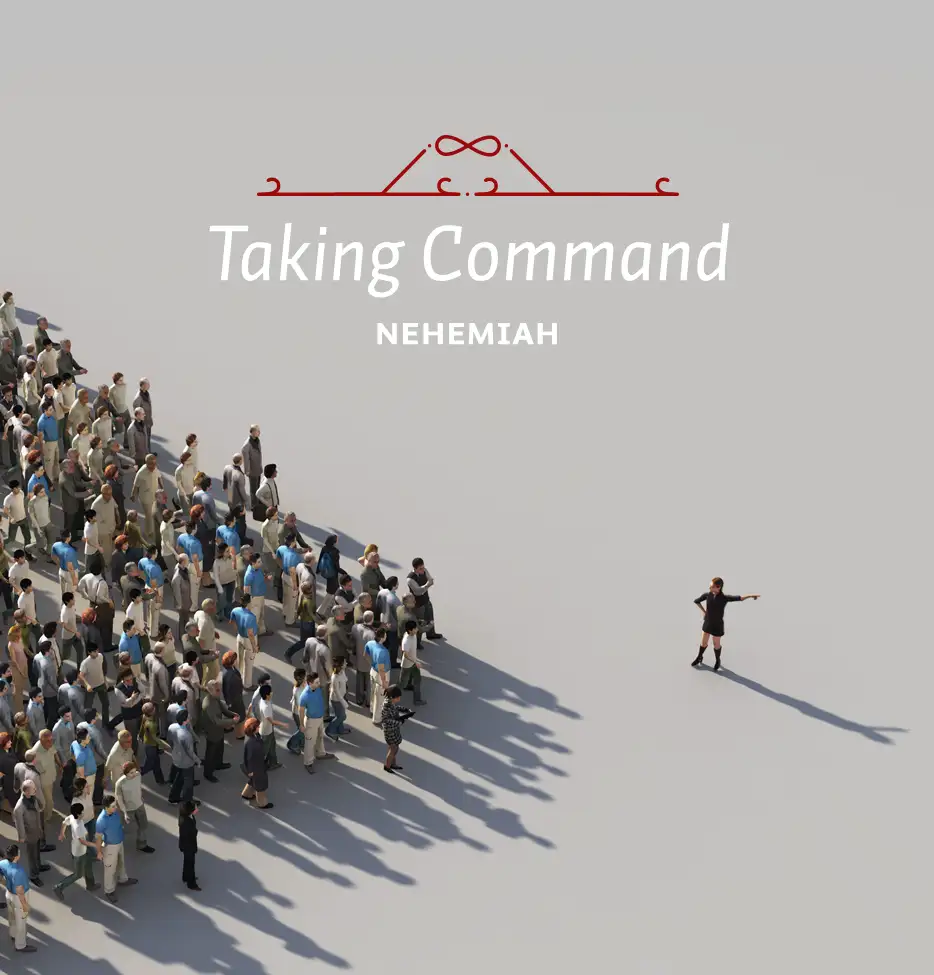First, Nehemiah was a great planner—a prayer and a planner. He knew, as we should know also, that the two are not opposed to but rather support one another. There are three aspects of this first step of planning. We will look at the first two today.
1. Information. One of the best known incidents in Nehemiah is the one in which Nehemiah rides out by night to inspect the wall of the sleeping city. There are many things we might have expected Nehemiah to do when he first arrived in Jerusalem—perhaps make a great show of arriving and assuming power, perhaps hold private interviews with the chief men of the city, perhaps even try to set up alliances with the leaders of the cities round about. We are therefore somewhat surprised that he does none of these things. In fact, for the first three days he does nothing. Then, on the third day at night he takes a few trusted men and sets out on an examination of the walls. He is so detailed in his account that even today, this (along with chapter 3) is the best historical record of the extent of the city in the post-exilic period.1
Those who were accompanying Nehemiah were seeing nothing new. But he was. He was gathering the information necessary to plan the wall’s reconstruction.
2. Conceptualization. After gathering the necessary information Nehemiah next developed a concept for how the rebuilding could be done. We are not told about it in chapter 2. But we know that he developed it, because as soon as he presented the people with his challenge to rebuild the wall (chapter 2) he was ready to move forward with it (chapter 3).
A person might wonder if, after one nighttime inspection of the damaged walls, Nehemiah could possibly have acquired all the information necessary for rebuilding them. The answer probably is no. He probably did not have all the information he was going to need before the task was finished. But the point is important, for this reason. Although Nehemiah probably did not have all the information he needed, he nevertheless had enough to have formulated a sound, workable plan.
Managers need to learn this, because many, being afraid to make decisions, keep gathering information long after the opportunity to make a good decision has passed by.
To have a workable plan it is not necessary to have all the information, but it is necessary to have the necessary information and then formulate a wise plan with it. Nehemiah did this before he spoke to the people of Jerusalem.
1For details of Nehemiah’s tour of the walls see J. G. McConville, Ezra, Nehemiah, and Esther in The Daily Study Bible—Old Testament Series, ed. by John C. L. Gibson (Philadelphia: The Westminster Press, 1985), 83-84; Howard F. Vos, Bible Study Commentary: Ezra, Nehemiah, and Esther (Grand Rapids, MI: Zondervan Publishing House, 1987), 92, 93; and Derek Kidner, Ezra and Nehemiah: An Introduction and Commentary (Downers Grove, IL: InterVarsity Press, 1979), 82- 83.






